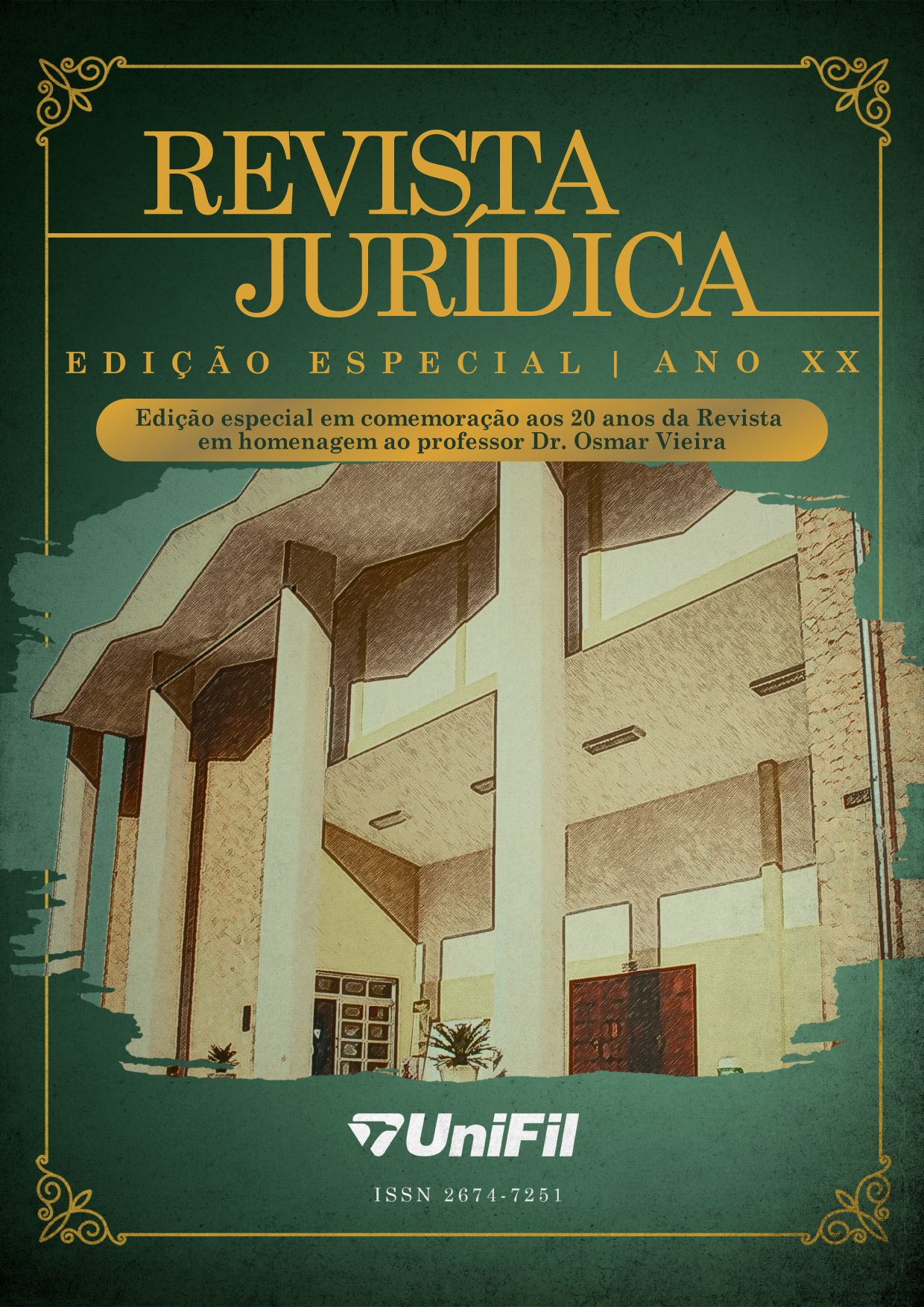A efetivação do direito à cidadania: um estudo histórico-jurídico da norma constitucionaleito à cidadania
Um estudo histórico-jurídico da norma constitucional
Resumo
O presente trabalho analisa a história das constituições brasileiras à luz das teorias de Ferdinand Lassalle e Konrad Hesse. Lassalle afirma que uma constituição é mais que um simples documento, sendo influenciada por fatores reais de poder, como a monarquia, aristocracia, burguesia, banqueiros, pequena burguesia, classe operária e cultura geral. Hesse, por outro lado, argumenta que a constituição possui uma força normativa que persiste mesmo diante de forças políticas. O estudo aborda a evolução histórica das constituições brasileiras até 1988, destacando como elas refletem os contextos sociais e políticos do país. Desde a Constituição de 1824, que consolidou a independência e manteve aspectos autoritários, até a Constituição de 1988, que ampliou os direitos de cidadania e estabeleceu uma república democrática. A análise final verifica a efetividade da cidadania como direito fundamental constitucional, considerando a interdependência entre história e normas constitucionais.






